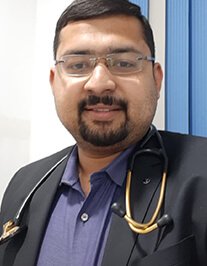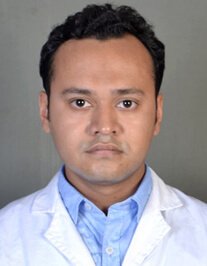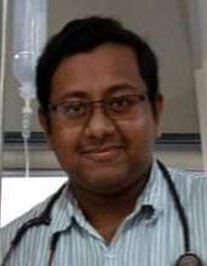Patient First, Always and Forever
610 Beds
Consult Online
100+ ICU Beds
Patient Portal
Modular OTs
International Patient Care
World-Class Equipments
Our Super Speciality Departments

Cardiology

Neurology
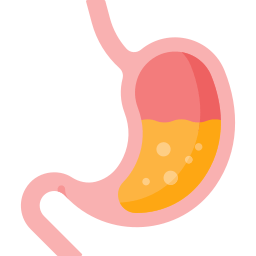
Gastroenterology

Cardiology

Neurology

Gastroenterology
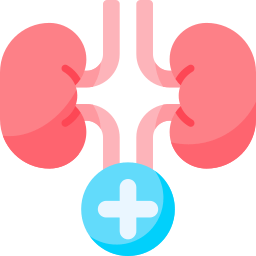
Nephrology
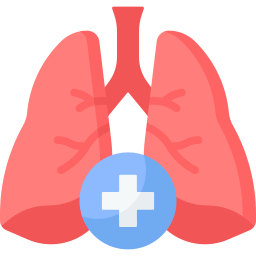
Pulmonology

Orthopedics

Nephrology

Pulmonology

Orthopedics

General Surgery
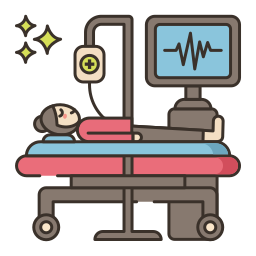
Critical Care & Internal Medicine

Paediatrics

General Surgery

Critical Care & Internal Medicine

Paediatrics
Why Are We Kolkata's Leading Hospital?
Charnock Hospitals, a trusted chain of hospitals, offering advanced medical care with 610 beds. At Charnock Hospital, our guiding principle is “Patient First.” Every member of our dedicated team, from full-time consultants to compassionate caregivers, strives to deliver personalized care that prioritizes the well-being and comfort of every patient. Our serene and supportive environment complements our medical expertise, ensuring that each individual receives the highest standard of treatment and support throughout their healthcare journey.
Charnock Hospital, near Kolkata Airport, is a leading 386-bed Super Specialty Hospital committed to exceptional healthcare. Our modern facilities include 100 ICU beds and advanced modular Operation Theaters with state-of-the-art German and American medical technology.
Introducing Our Medical Experts
We didn’t say it, they did
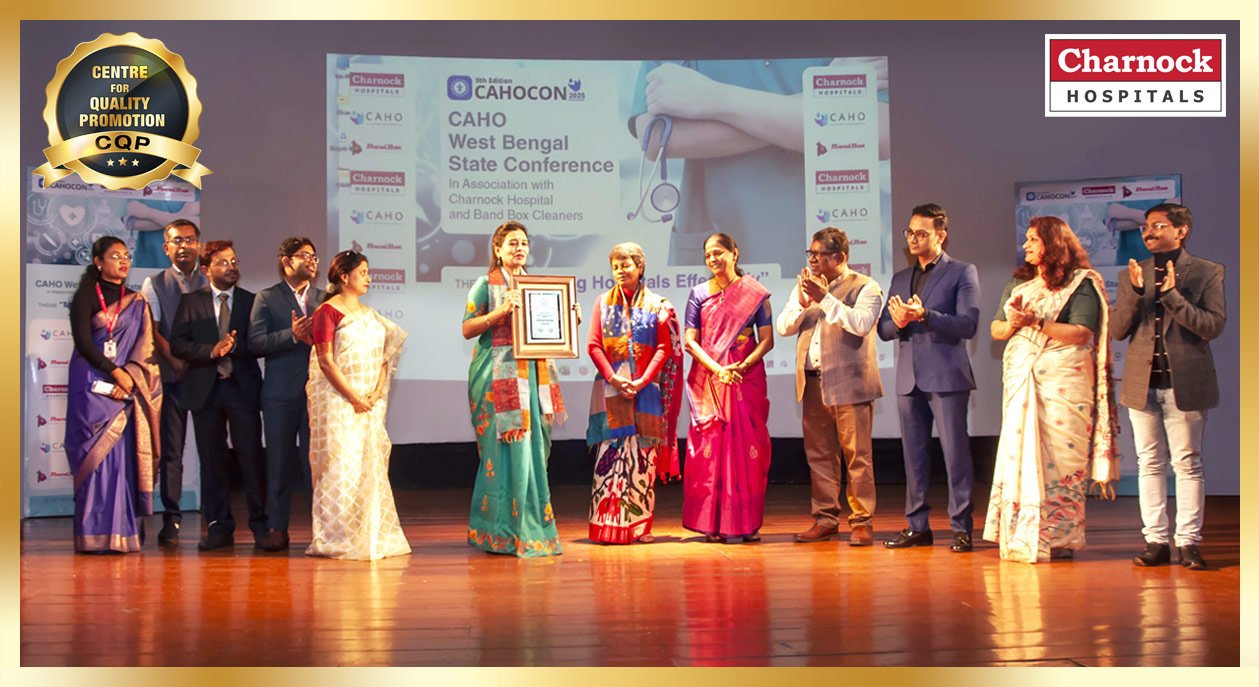
CAHO-designated Centre for Quality Promotion (CQP)
Charnock Hospital is set to embark on a new initiative to mentor small and medium healthcare organizations for enhancing their standards of care, ensure patient safety, and guide them towards better and safer quality of Patient Care. As a CAHO-designated Centre for Quality Promotion (CQP), it will foster a hub-and-spoke model, enabling larger hospitals to share infrastructure and expertise with smaller facilities. Charnock Hospital has been honoured as a Centre for Quality Promotion (CQP) by CAHO during the West Bengal State Conference at Rabindra Tirtha, New Town, Kolkata. The conference, themed “Managing Hospitals Effectively,” brought together distinguished dignitaries, reaffirming a shared commitment to advancing healthcare quality and management.
Role of a Centre for Quality Promotion (CQP):
-Raising awareness and promoting the importance of Quality in healthcare.
-Providing guidance and monitoring hospitals in the surrounding areas to help them provide Safe and Quality Patient service.
-Organizing CAHO training programs to build capacity, especially in smaller hospitals.
-Serving as a brand ambassador for CAHO and actively participate in all its initiatives.
FAQ
What are the healthcare facilities at Charnock hospital in Kolkata?
Charnock Hospital is a 300-bed super specialty hospital near Kolkata Airport, offering a comprehensive range of healthcare services.
Key Departments: Cardiology, Neurology, Gastroenterology, Nephrology, Pulmonology, Orthopedics, General Surgery, Pediatrics, Critical Care, and Internal Medicine.
Facilities: Over 100 ICU beds, modular operation theaters, and advanced German and American medical technology.
Services: Round-the-clock emergency care, outpatient and inpatient care, pharmacy, rehabilitation, diagnostic imaging, laboratory services, and online consultations.
Accredited by NABH, Charnock Hospital prioritizes patient care with a “Patient First” approach, ensuring personalized and quality healthcare.
How to book a new patient appointment at our private hospital in Kolkata?
To book an appointment at our hospital, choose either of these based on your preference and convenience:
- Visit our website charnockhospital.com, to find the online appointment booking option. Select the required department and the consultant you wish to visit and book the date.
- You can call 033-40500500 directly to schedule your appointment.
What happens during the first visit at Charnock Hospital in Kolkata?
Here’s what to expect during your first visit to Charnock Hospital:
- Registration: Provide your personal details and medical history by filling out the registration forms.
- Initial Assessment: A healthcare professional will assess your symptoms and medical needs.
- Consultation: Meet with a specialist who will review your case and recommend any necessary tests or treatments.
- Diagnostic Tests: If required, the consultant will guide you to complete diagnostic tests.
- Treatment Plan: Based on your test results, the consultant will create and discuss your personalized treatment plan.
What makes Charnock Hospital the best hospital in Kolkata, West Bengal?
Charnock Hospital is highly regarded as one of the leading healthcare facilities in Kolkata. Its reputation is built on several key factors, including the expertise of its experienced medical staff, who are dedicated to delivering high-quality care across various specialties. The hospital is equipped with state-of-the-art facilities, including advanced diagnostic and therapeutic technologies, ensuring accurate and efficient medical services.
Charnock also emphasizes comprehensive care by offering a wide range of medical services under one roof, from outpatient consultations to complex surgeries and rehabilitation. Its patient-centric approach further sets it apart, as the hospital prioritizes personalized treatment plans, compassionate care, and a supportive environment to address the unique needs of each individual. This commitment to excellence makes Charnock a trusted choice for healthcare in Kolkata.



